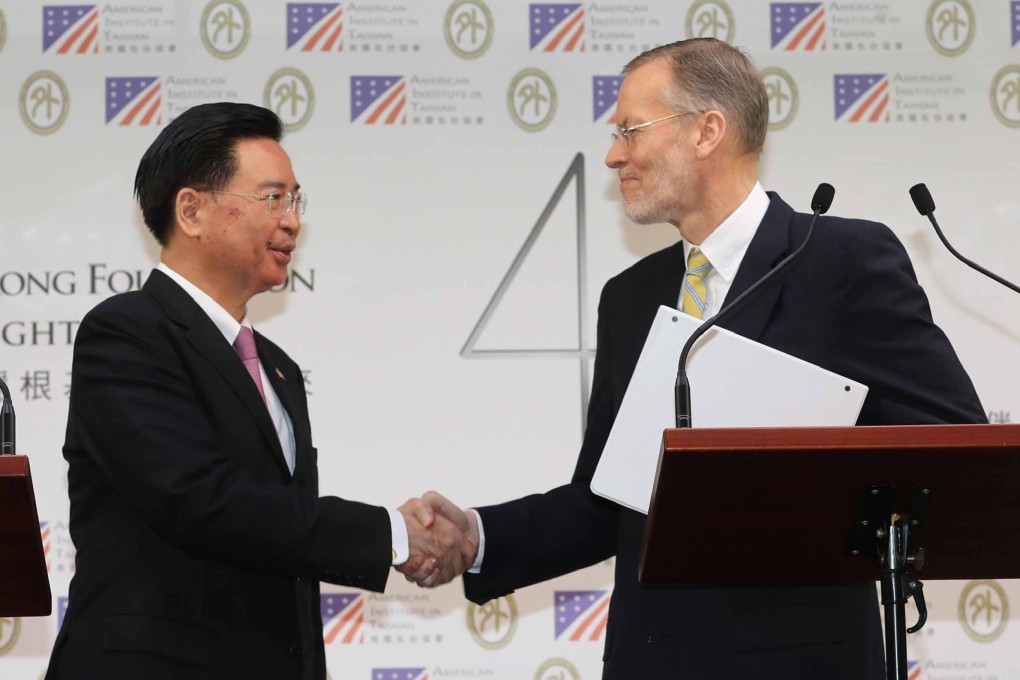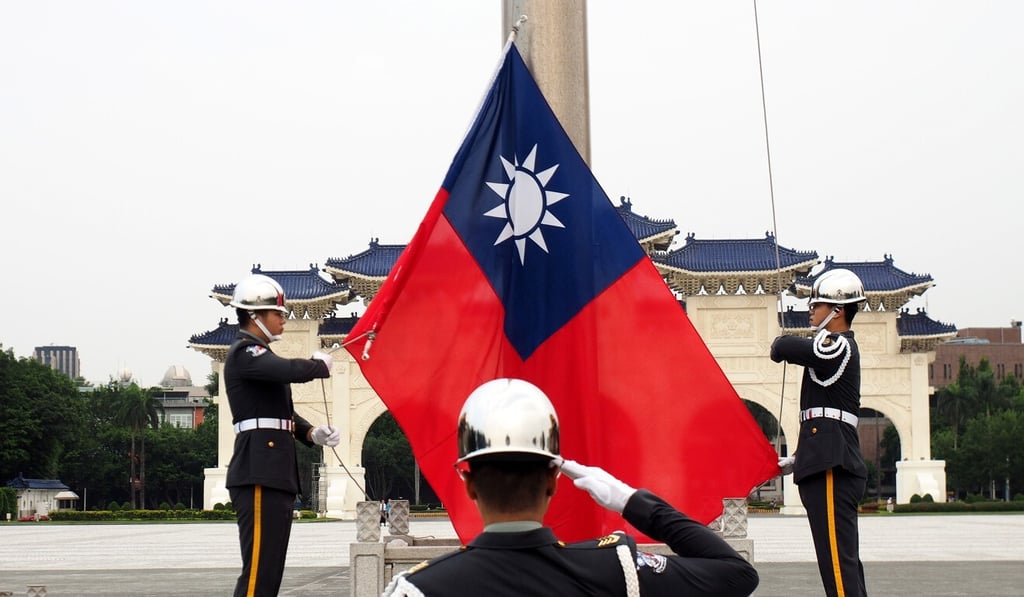Advertisement
Taiwan is sharing its expertise around the world, despite Beijing’s efforts to keep it quiet
- Under the Global Cooperation and Training Framework, Taipei has held workshops on everything from cybersecurity to women’s empowerment
- Knowledge-sharing platform was set up with the United States in 2015 and joined by Japan last year
Reading Time:3 minutes
Why you can trust SCMP

While Beijing has been busy pressuring nations to sever their diplomatic ties with Taiwan in recent years, the self-ruled island has been steadily strengthening its links with dozens of countries via a knowledge-sharing initiative with the US and Japan.
The Global Cooperation and Training Framework (GCTF) was set up in June 2015 to provide Taiwan with a channel to share its expertise around the world, as many international institutions do not allow it to participate, primarily due to pressure from mainland China. The platform’s original partners were Taiwan and the US, while Japan joined last year.
Speaking on Monday – on the fifth anniversary of the framework’s creation – Taiwan’s Foreign Minister Joseph Wu said that since 2015, more than 500 representatives from 38 countries had taken part in international workshops on everything from public health and law enforcement, to disaster relief, cybersecurity, media literacy and women’s empowerment.
Advertisement
Analysts have said that as Taipei continues to fight for observer status at the World Health Assembly (WHA) – the governing body of the World Health Organisation – the GCTF has provided an effective platform for Taiwan to boost its global presence and influence.

Advertisement
Since Tsai Ing-wen was elected president of Taiwan in 2016, Beijing, which considers the island part of its sovereign territory, has waged a high-profile campaign to isolate Taipei from the rest of the world. The result is that just 15 countries now maintain formal diplomatic ties with the island.
Advertisement
Select Voice
Select Speed
1.00x